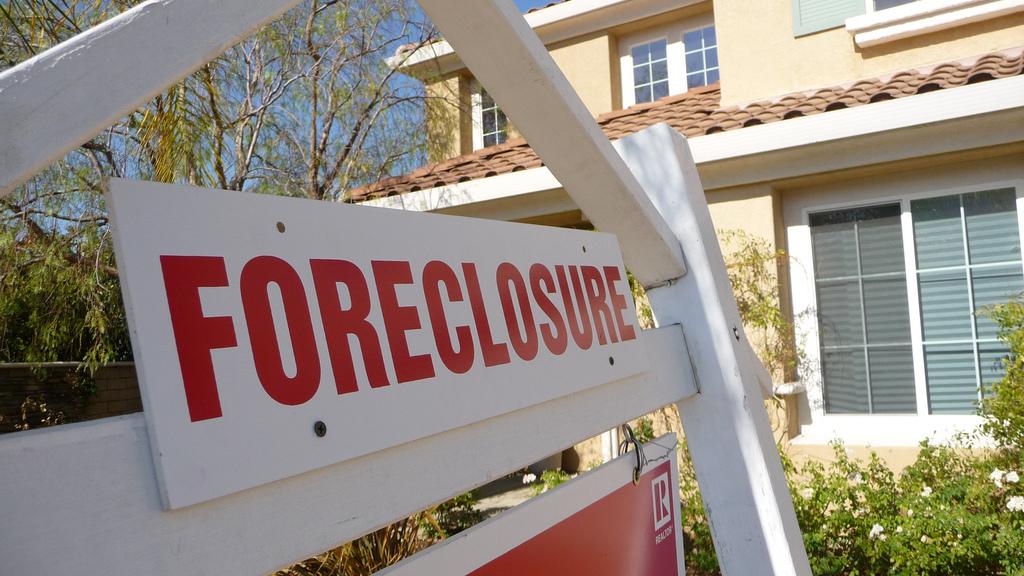Foreclosure relief mortgage scams are a growing problem in the US. It could cost you not just thousands of dollars but also your home if you fall for the scam. If you are falling behind in your mortgage payments and face the risk of losing your house, scammers may make false promises of getting the mortgage amount lowered, usually for a fee. They often pretend that they are in direct contact with your lender. Once you transfer the amount, the scammers will run away with the money, leaving you with more debts. Here are some useful insights on foreclosure relief scam curated by a real estate attorney:
- How do scammers convince you to transfer money?
Scammers often use mail or email with names and logos that look and sound like government agencies. Here are some warning signs of a foreclosure relief scam:
- Scammers will tell you to stop making mortgage loans until they get the mortgage lowered. Do not follow this instruction as this will hurt your credit score and further make your situation worse.
- Scammers will demand payment upfront. This is a warning sign to avoid them. Real government officials will never ask for payment to help you.
- They may want you to only make payment through cashier’s check, wire transfer, or a mobile payment app. Companies that offer mortgage assistance or foreclosure assistance do not collect any upfront fees. The fee will only be collected once you accept the deal and there will be a written agreement as a proof of the deal.
- They may try to convince you to transfer the deed to your home to them so that they can do the necessary paperwork to reduce the mortgage amount. This is a red flag. The title deed is a legal document that is a proof of property ownership. If you transfer the deed, the house will belong to the scammers, not you.
- Scammers may even force you to sign contracts that you may not completely understand.
- How to protect yourself from foreclosure relief scam
Here are some tips to protect yourself from foreclosure relief scam
- Beware of the modus operandi of mortgage foreclosure scammers: If you are falling behind on mortgage payments and someone offers to help you, you must think twice before agreeing to anything. If they may give you a too good to be true offer, it’s a red flag.
- Do not sign any documents: Do not sign over any contract or paper unless the company is directly with your mortgage company. Verify the credentials of the foreclosure assistance company with your mortgage company.
- Never sign over your deed to another person: Scammers often want you to sign over ownership to them, claiming they are trying to help you. Once you transfer the deed, you will not get your home back. So never transfer the deed until you completely understand what happens to your property rights.
- What to do in case you are scammed?
A foreclosure relief scam could cost you your home and therefore, you must act swiftly, if you think you are a victim. Here are a few things you should do:
- Inform the police.
- File an FTC complaint.
- Hire a real estate attorney.
If you are in California and ‘searching real estate litigators near me’ online, contact David L. Fleck. He’s an accomplished real estate attorney who has helped several victims of fraud recover their money and property.

